50 GPTs for Research Design Powered by AI for Free of 2025
AI GPTs for Research Design refer to advanced Generative Pre-trained Transformer models tailored for the research design process. These AI tools are crafted to assist in various stages of research planning and execution, including hypothesis generation, methodology selection, data analysis, and reporting. Their relevance in research design stems from their ability to process vast amounts of data, recognize patterns, and generate insights, thereby offering customized solutions for specific research needs. GPTs revolutionize how researchers approach design problems by automating complex tasks, providing data-driven insights, and facilitating a more efficient research process.
Top 10 GPTs for Research Design are: Wissenschaftliche Texte für Bachelorarbeit,超级选题助手,EpiStat - GPT,1.4. - Bases teoricas,End of Study Project (PFE), Research projects,Dissertation Mojo,PyMC GPT,医学科研论文写作专家,Experiment Planner,要素流程化选题大师
Wissenschaftliche Texte für Bachelorarbeit
Empowering Academic Excellence with AI

超级选题助手
Crafting Your Research Path with AI

EpiStat - GPT
Empowering Epidemiology with AI Expertise
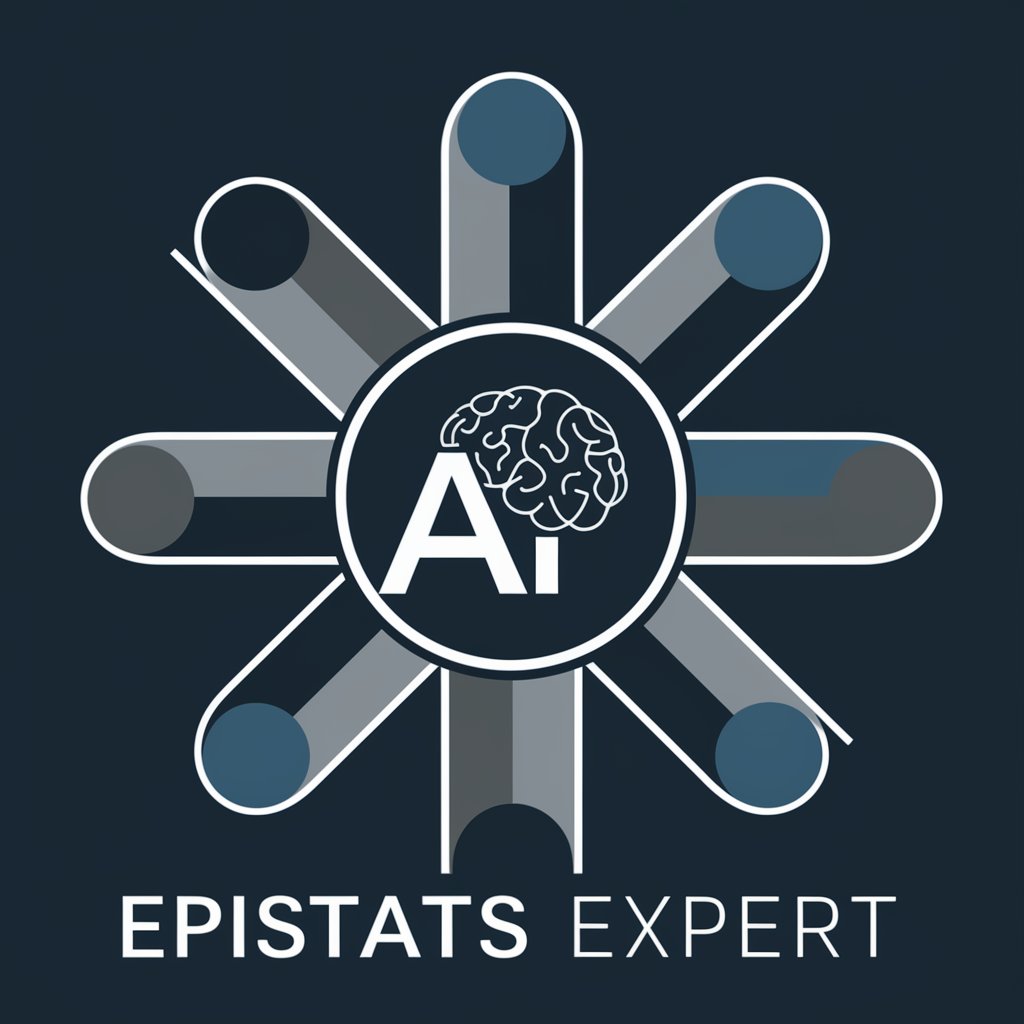
1.4. - Bases teoricas
AI-powered research tool for accurate variable measurement
End of Study Project (PFE), Research projects
AI-Driven Research for Students and Professionals

Dissertation Mojo
AI-driven tool for dissertation success

PyMC GPT
AI-powered PyMC Expertise at Your Fingertips

医学科研论文写作专家
Enhance Medical Writing with AI

Experiment Planner
Tailoring Research Design with AI
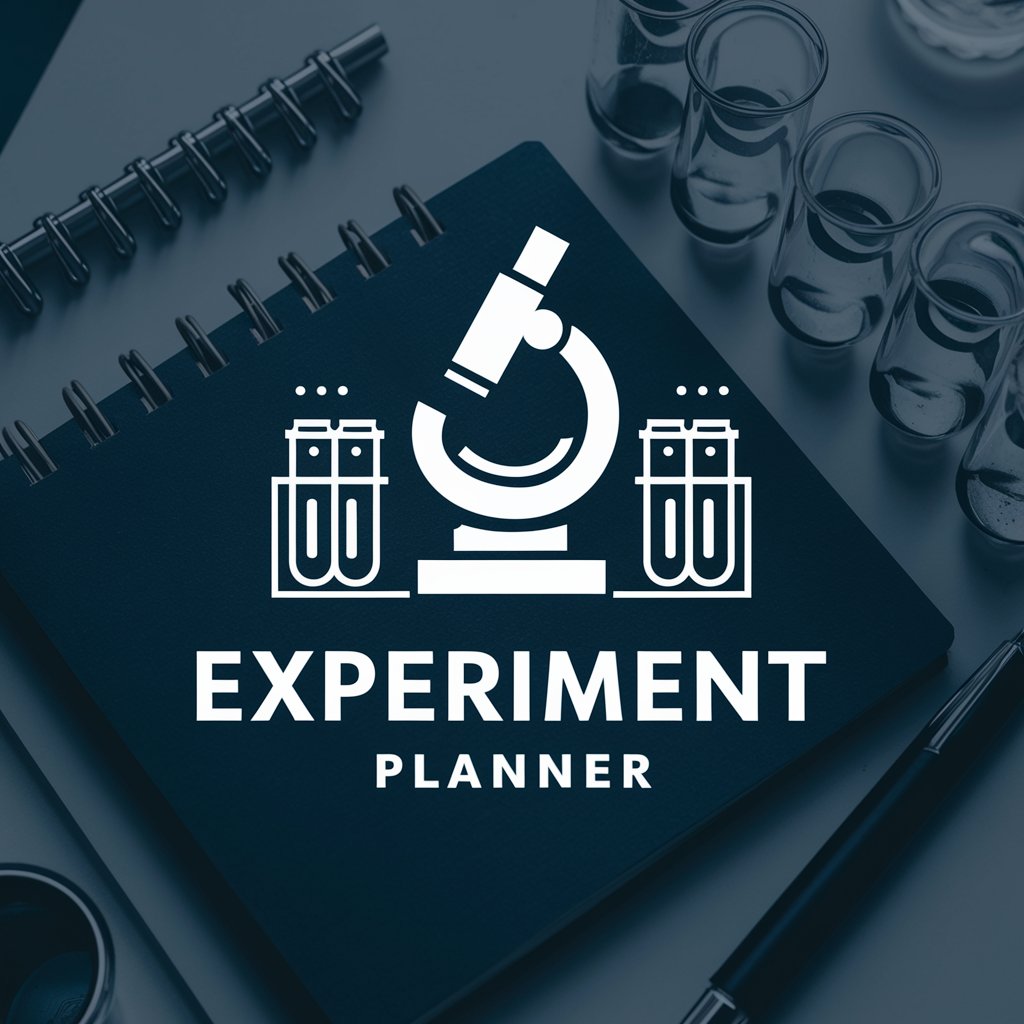
要素流程化选题大师
Revolutionizing research topic formulation with AI

Scientific Article Writer GPT
Enhancing your research writing with AI precision.

Cohort study risk of bias (NOS)
AI-driven bias assessment for cohort studies
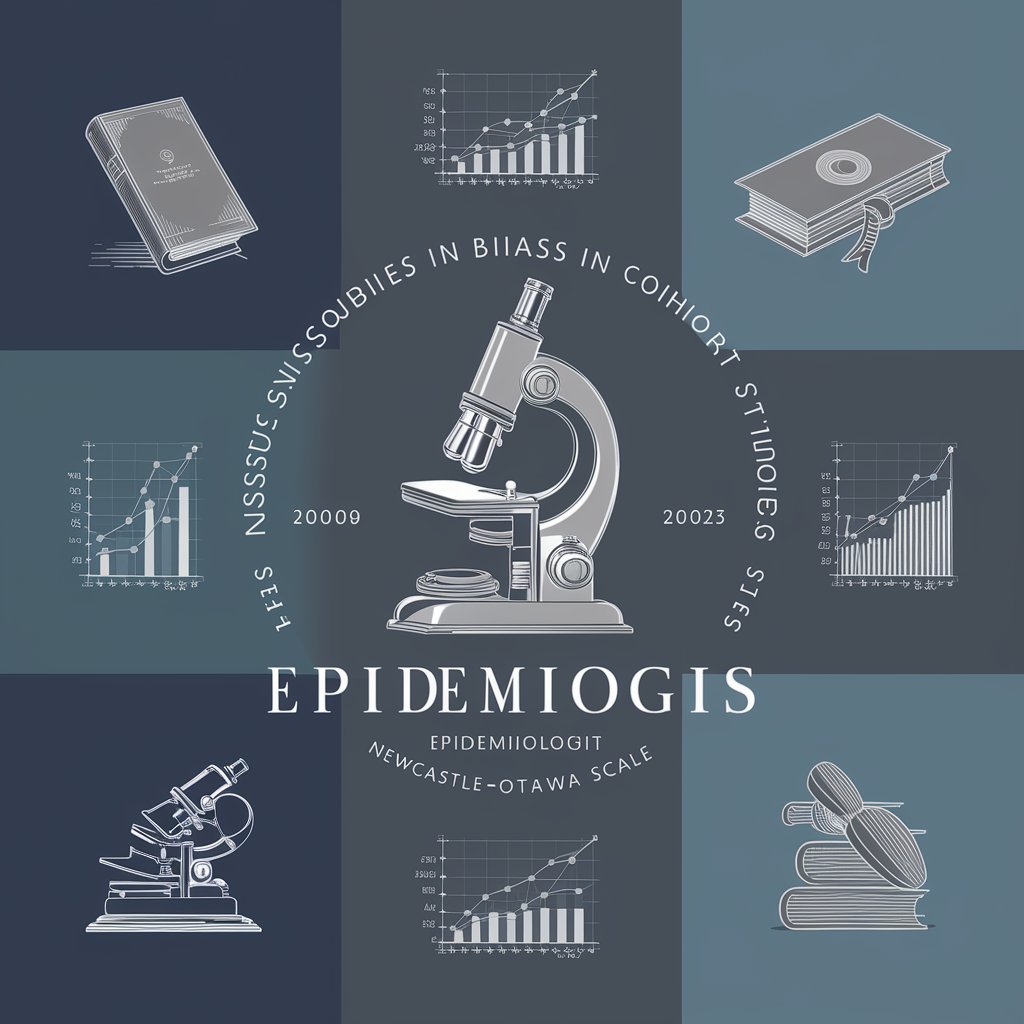
Burrhus: A Research Guide for Behavior Analysts
Empowering research with AI-driven insights.
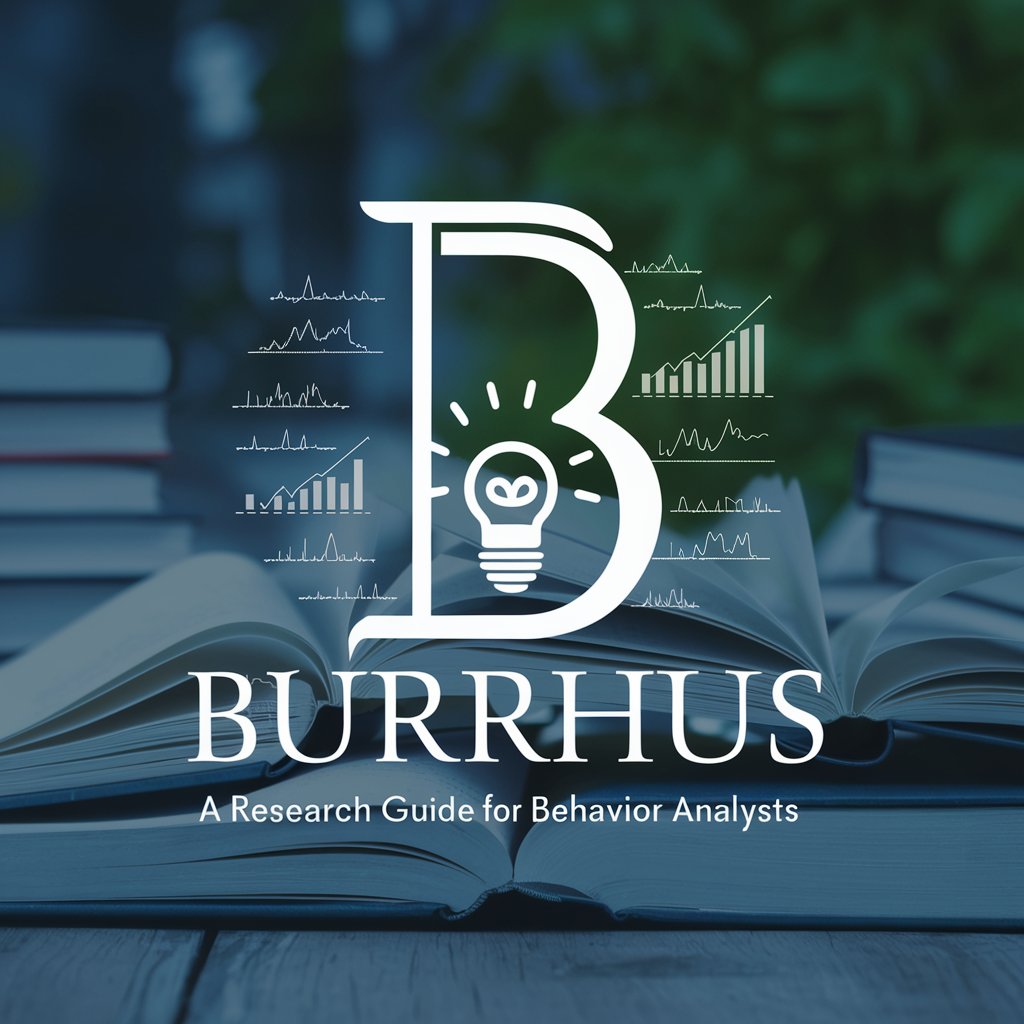
Experimental design Advisor
AI-driven phytopathological experimental design and analysis

NeuroMat Lab
Empowering Research with AI-driven MATLAB Insights
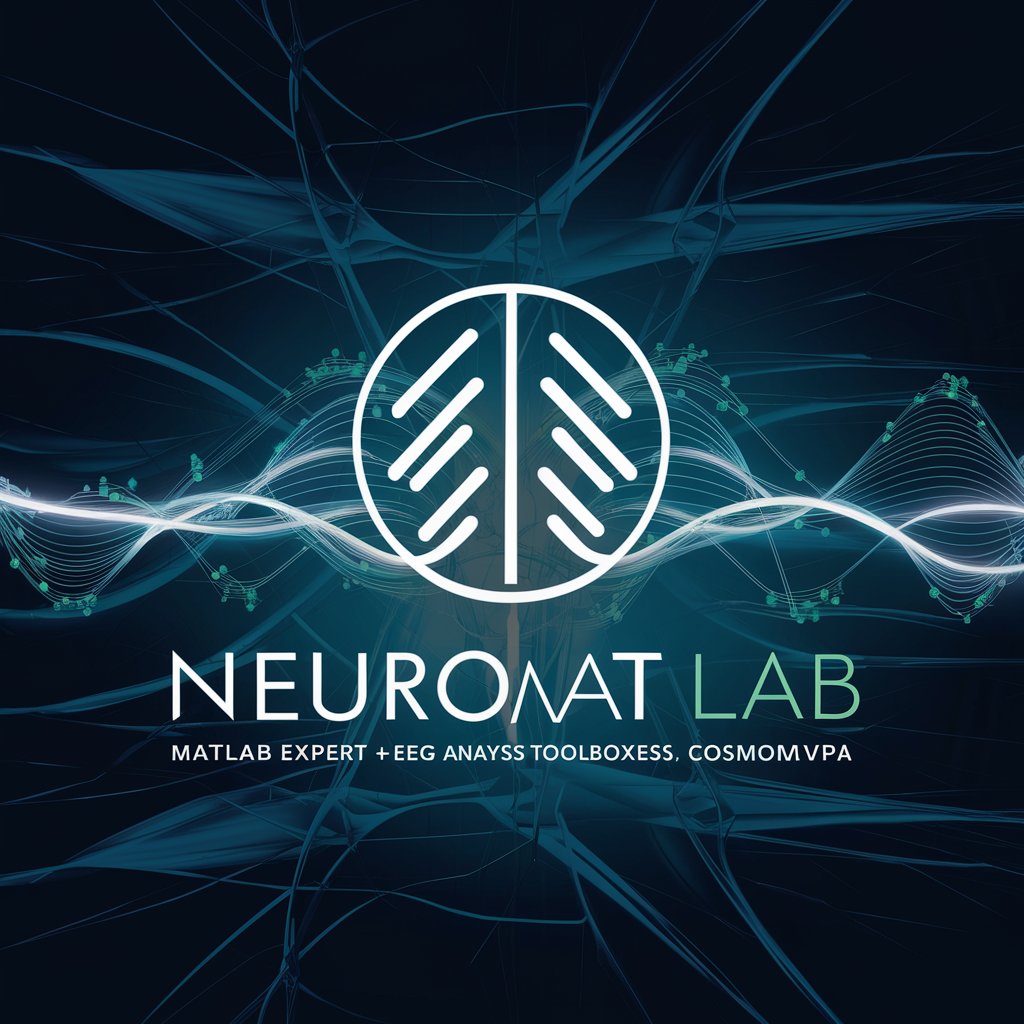
Mixed Methods Design Decision Tool
Simplify your research with AI-powered mixed methods design.
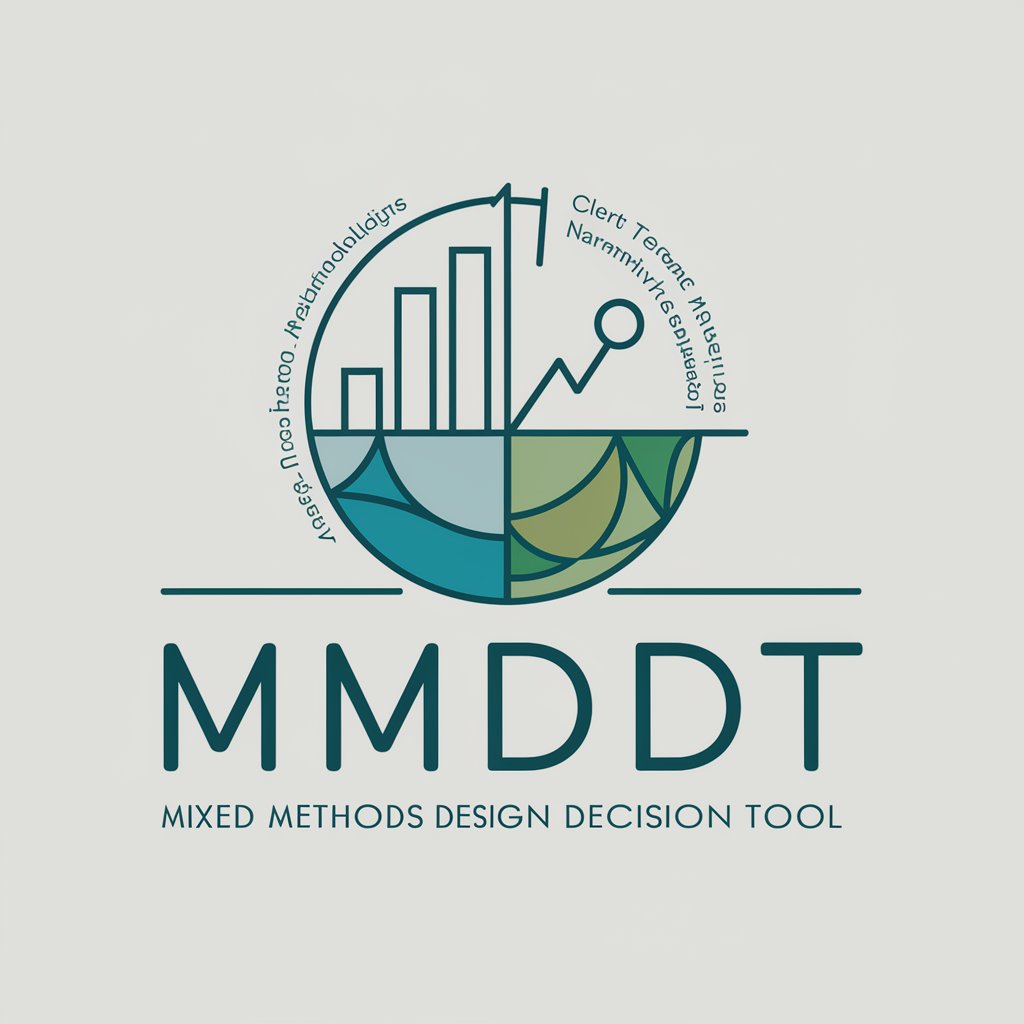
Quantitative scholar
Empowering research with AI-driven analytics

Sample Seal
Empower Your Research with AI-Powered Sample Size Calculations

Bliss Prompts Generator
Crafting Precision AI Prompts Effortlessly
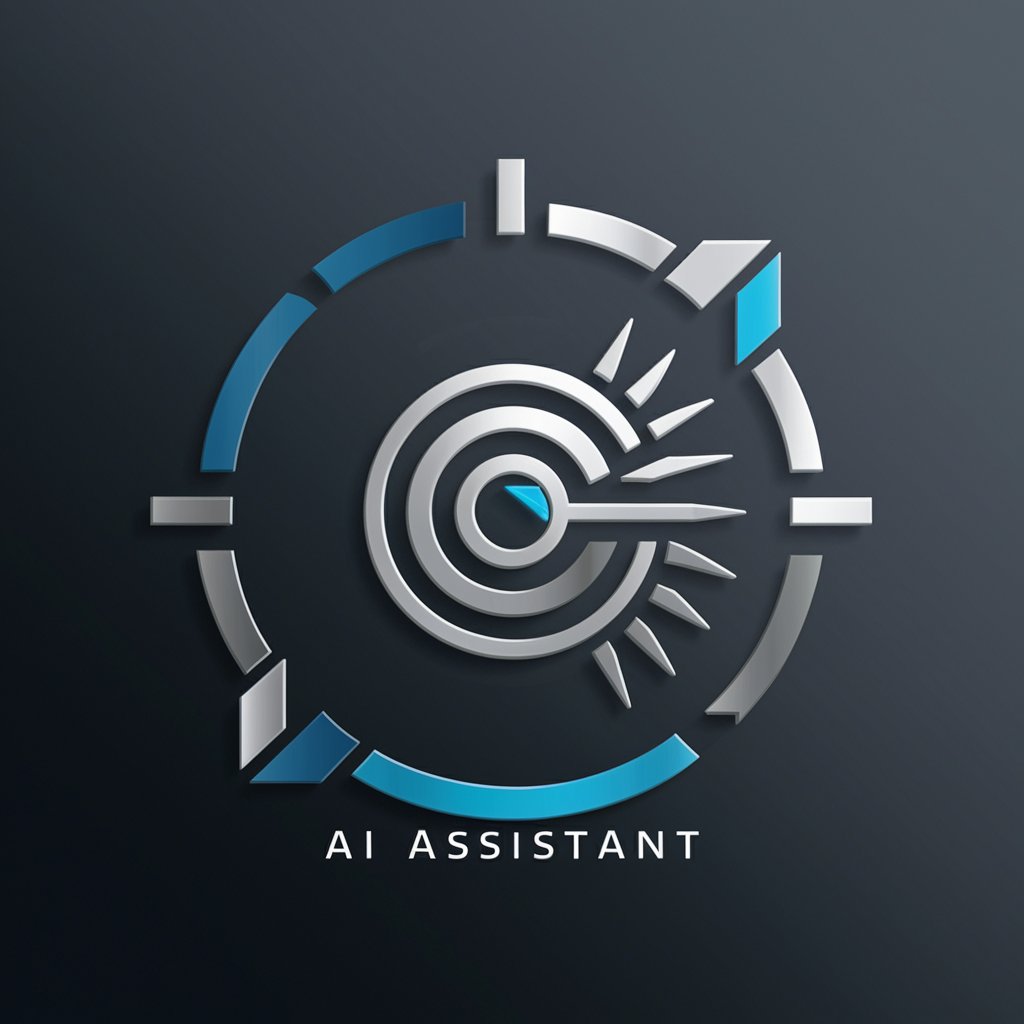
Biostatistician Orthopod
AI-powered orthopaedic research analysis.
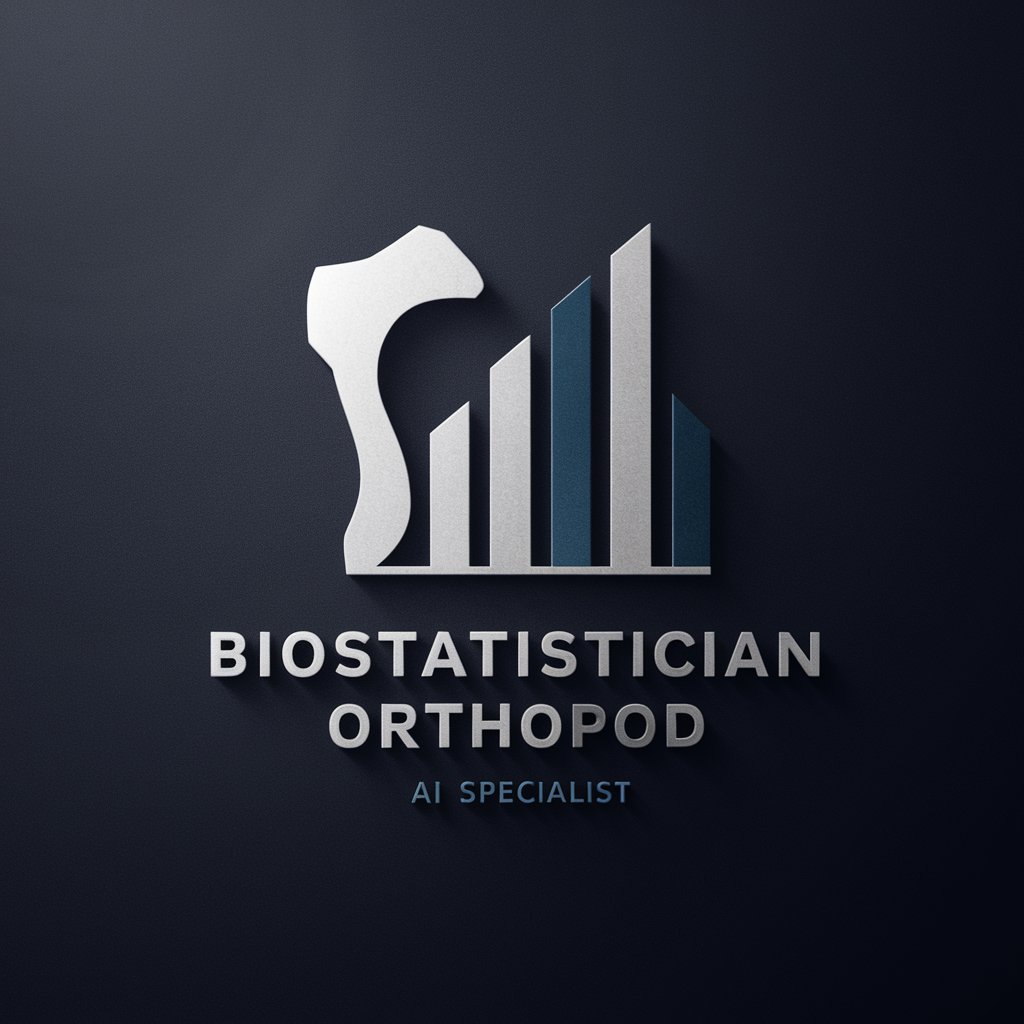
Experimental Research Advisor
Empowering Research with AI
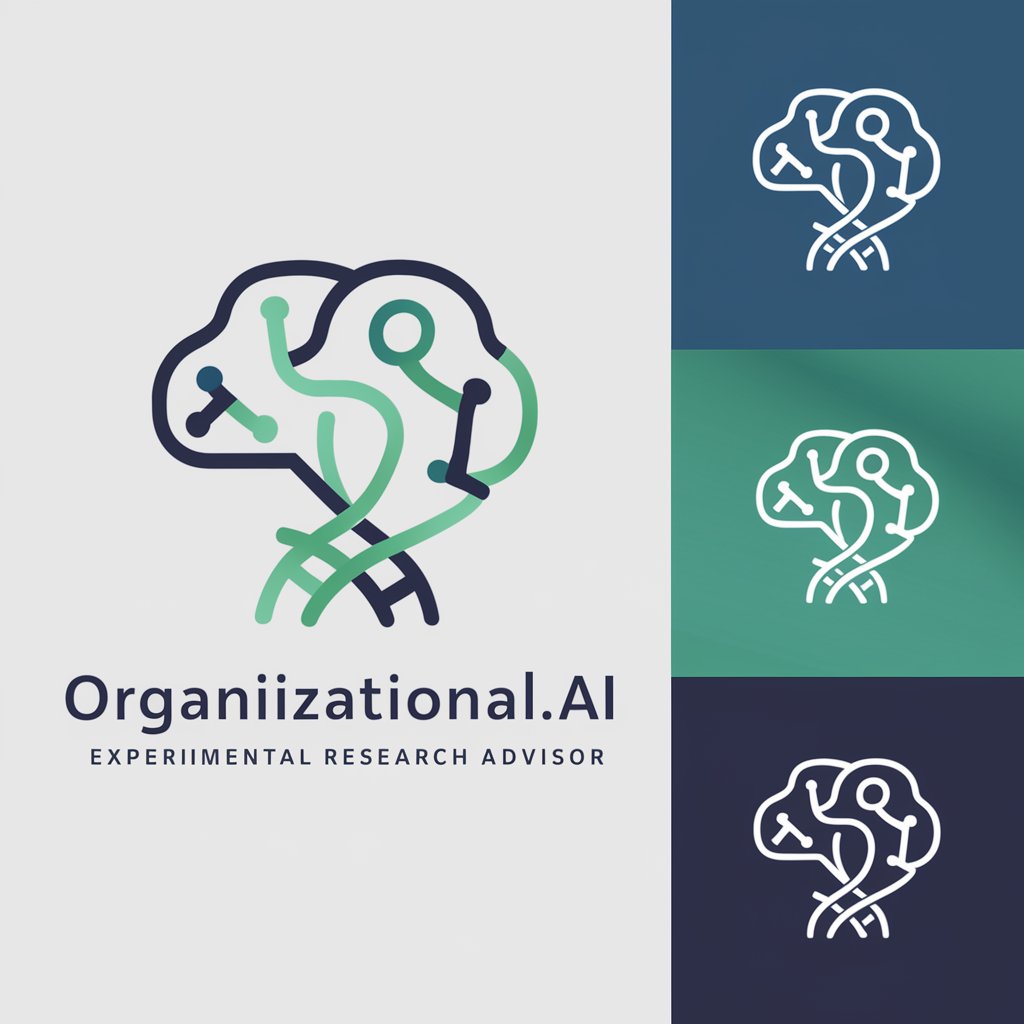
Aristóteles 1.0
Empowering Academic Success with AI

Hypothesis Harvester
Unveiling research insights with AI
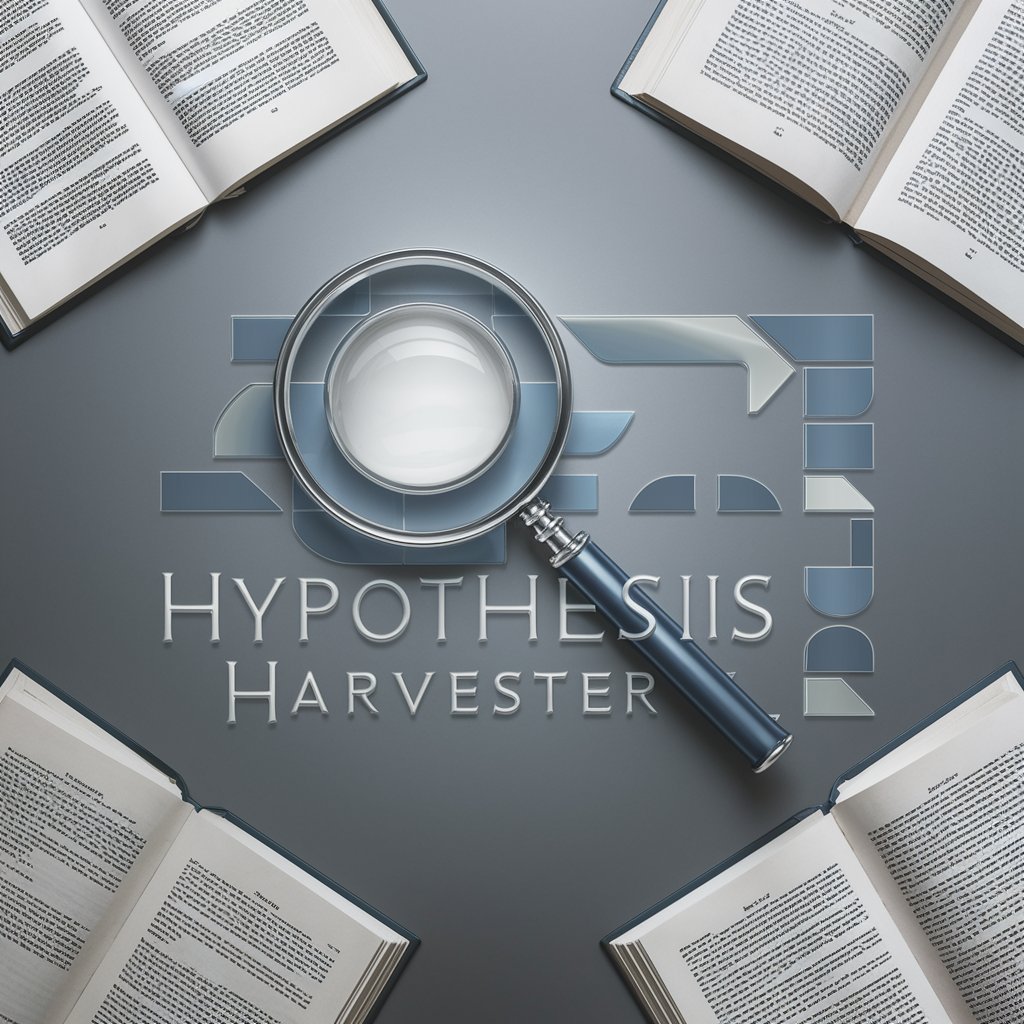
APA scholar
Elevate Your Research with AI-Powered APA Guidance

Key Attributes of Research Design GPTs
AI GPTs for Research Design stand out due to their adaptability, supporting a wide range of functions from generating research questions to analyzing results. They offer language learning capabilities for qualitative data analysis, technical support for statistical calculations, web searching for literature review, image creation for data visualization, and data analysis for quantitative studies. These features are particularly distinguished by their ability to learn and adapt to the specific terminology and methodologies of various research domains, making them invaluable tools for personalized research design solutions.
Who Benefits from Research Design AI?
The primary beneficiaries of AI GPTs for Research Design include researchers, academicians, students, and professionals across various fields looking to enhance their research process. These tools are accessible to novices without coding skills, thanks to user-friendly interfaces, while offering advanced customization options for developers and experienced researchers. This dual accessibility ensures that GPTs can cater to a broad audience, from those making their first foray into research to experts seeking to optimize their methodologies.
Try Our other AI GPTs tools for Free
Public Health Strategy
Explore AI GPT tools tailored for Public Health Strategy. Discover how they enhance decision-making with advanced data analysis and adaptable features.
Epidemiological Education
Discover how AI GPTs revolutionize Epidemiological Education with intuitive learning, advanced data analysis, and tailored content for all levels of expertise.
Customer Feedback
Discover how AI GPTs for Customer Feedback transform customer insights into actionable intelligence, enhancing satisfaction and driving business growth.
Style Conceptualization
Explore AI GPT tools designed for style conceptualization, offering innovative solutions for creatives seeking to bridge the gap between abstract ideas and tangible designs.
Everyday Conversations
Discover how AI GPTs for Everyday Conversations can transform your daily interactions with natural, intuitive dialogues, offering personalized, context-aware experiences for users of all technical levels.
Academic English
Discover how AI GPTs for Academic English can revolutionize your academic writing and research with advanced, tailored language models designed to improve quality, enhance learning, and streamline the research process.
Expanding Horizons with GPTs in Research
AI GPTs for Research Design not only simplify and enhance the research process but also push the boundaries of what's possible in academic and professional studies. Their ability to integrate with existing systems, along with user-friendly interfaces, ensures that researchers can focus more on critical thinking and less on mundane tasks. This adaptability opens up new avenues for interdisciplinary research and paves the way for innovative discoveries across sectors.
Frequently Asked Questions
What exactly are AI GPTs for Research Design?
AI GPTs for Research Design are specialized AI models designed to assist with the planning, execution, and analysis stages of research projects. They leverage the capabilities of Generative Pre-trained Transformers to automate tasks, generate insights, and offer customized solutions for research-related challenges.
Can AI GPTs generate research questions and hypotheses?
Yes, AI GPTs can generate research questions and hypotheses by analyzing existing literature, identifying gaps in knowledge, and suggesting areas for further investigation.
Are there any prerequisites for using AI GPTs in research design?
No specific prerequisites are needed for basic usage, although a fundamental understanding of research methodologies can enhance the tool's effectiveness. Advanced features may require some technical knowledge or programming skills.
How do AI GPTs handle data analysis?
AI GPTs can perform both qualitative and quantitative data analysis, applying natural language processing for textual data and statistical models for numerical data, thus providing comprehensive insights into research findings.
Can these tools integrate with existing research software?
Many AI GPTs for Research Design are designed to be interoperable with existing research and statistical software, facilitating a seamless integration into current research workflows.
How do AI GPTs ensure the confidentiality of research data?
AI GPTs employ robust security measures, including encryption and data anonymization, to protect the confidentiality and integrity of research data.
Can AI GPTs assist in literature review?
Yes, AI GPTs can significantly streamline the literature review process by searching databases, summarizing articles, and identifying key findings relevant to the research topic.
Are AI GPTs for Research Design customizable for specific fields?
Absolutely. AI GPTs can be tailored to accommodate the unique terminology, methodologies, and analytical needs of various academic and professional fields, enhancing their utility in specialized research designs.